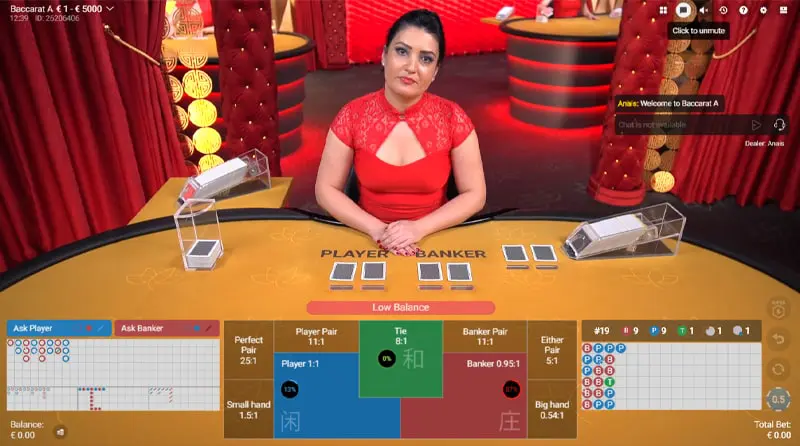Gambling has always been popular in many countries of the world; however, it is illegal in many countries of the world including the United States of America. Gambling is legal in the United States but not in all the states. In the United Kingdom, gambling is strictly prohibited and there is no room for gambling of any kind within the British Islands. The European Commission similarly prohibits the provision of gambling information to the residents of some member states of that union including Ireland. There are legal alternatives to conventional gambling, though, including lottery systems, progressive betting and online gaming.
About two thousand people showed up across Jordan to demand that the constitutionality of a recently passed gambling law be challenged, particularly over an alleged corruption case involving a major gambling resort. About 1,200 people took part in a sit-in protest against the law in Jeddah, the capital city of Saudi Arabia. An estimated 4.6 million people throughout the Muslim world either support or oppose gambling, according to a survey by the Pew Charitable Trust. Among those who oppose gambling in general, about half in Pakistan and Nigeria, according to a survey by the nonprofit Islamic Relief Society.
Gambling takes place not only in casinos but in offices and homes as well, in both the Islamic and non-Islamic worlds. The Bible includes passages that seem to suggest that God gives people “a chance to have a wager.” In Islamic terms, wagering is said to be “viable income” or “revenue” and it is permissible even if the wager is small. According to some scholars, the practice of making and accepting bets is encouraged because it gives the loser’s hope of winning something and gives them hope that they will eventually overcome the difficult situation that they are in.
Parimutuel betting is one form of wagering that may take place in the Muslim world. Like other forms of gambling, parimutuel betting may take place in land-based casinos, online or on the street. Gambling has been illegal in many countries, including the United States since the Gambling Commission of Las Vegas enacted laws in 2005 that make it illegal to advertise any form of gambling in the United States. Gambling is not allowed in all American states, but some cities, including New York, permit some form of gambling. Gambling can take place in indoor and outdoor casinos, with or without table games, and in professional sports arenas. Professional gamblers play for money or participate in wagering, while others place wagers solely for fun.
Two main groups of people who have opposed the introduction of gambling in the United States are Irish and Jewish Protestants. Both groups argue that the US government has not made enough effort to prohibit or restrict gambling before it becomes widespread. They also feel that the laws against gambling in the United States are disproportionate to the problem of organized, widespread gambling. In the 20th century, the Irish and Jewish Protestants were joined by many other groups such as the Masons, Southern Methodists, Baptists, and other Christian sects.
Gambling has been popular among Americans for a long time, even back to when the country was formed. In fact, the French and English play the game, ‘trampolines’ being another common term for gambling across the Atlantic ocean. Gambling has been present in the United States since its first inception and continues to be a great American past-time. Gambling, as we know it today, began in the late 19th century and has continued to be an integral part of American culture.





